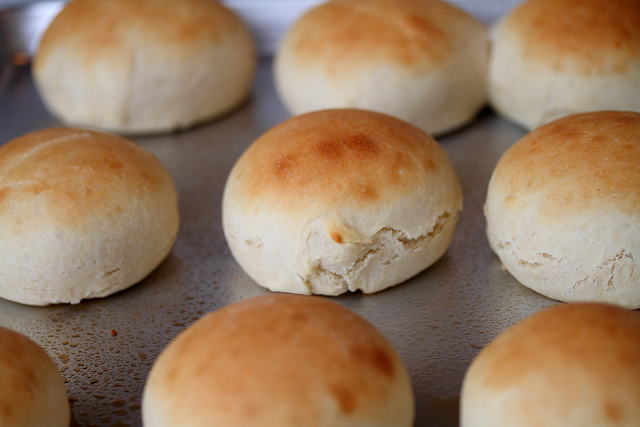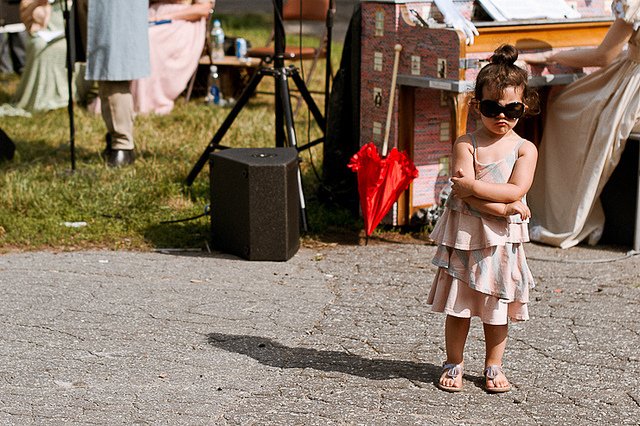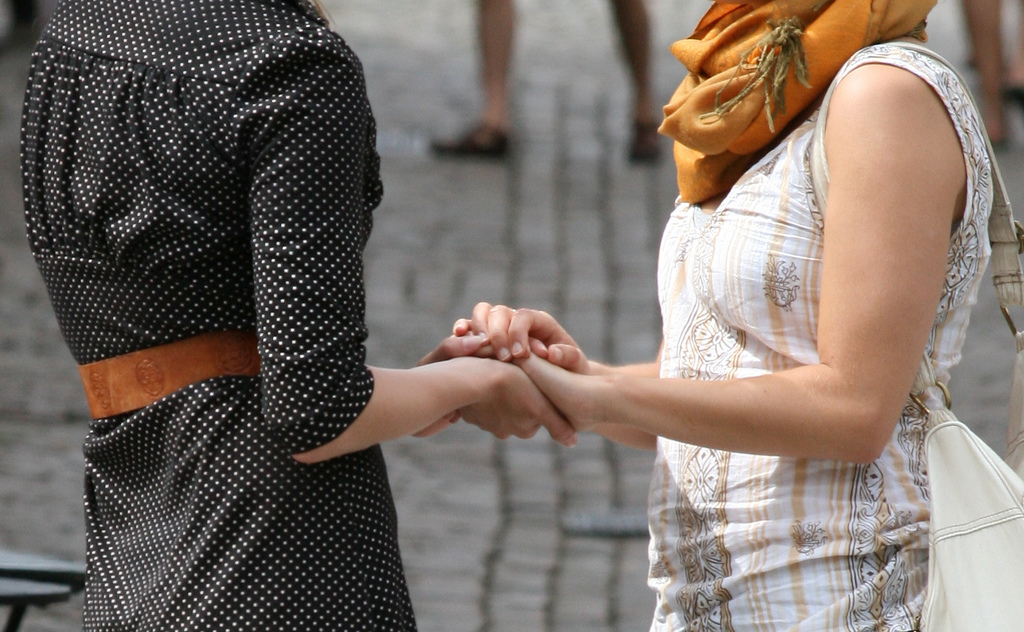Celebrating the Many Members of the One Body
by Vanessa Rasanen
We bloggers know the value of being real and transparent in our writing. Our readers want to connect, to read the words and to know the person behind them is just like them — flaws, struggles, warts and all.
Okay, maybe not warts. But blemishes, for sure.
We cringe when someone portrays themselves or their life as too perfect and pristine. We balk at Instagram feeds and Facebook timelines that appear spotless. No woman could possibly keep her house looking like that, or cook a meal like that, or dress like that every day. Obviously she’s not showing us the real her, the her who goes unshowered on Saturdays, lets the dishes pile up and wears yoga pants to run errands. We scoff and mock and snicker at the audacity of these women to rub their most-likely-fake perfection in our faces and put us down by flaunting their talents and skills — if they even have those skills at all. Pssssh.
So when we come across that blogger or friend who airs her dirty laundry, admits her struggles, or shows off her messes, we praise her. We tout her as “real” and honorable. Yet, as Amy Otto recently pointed out here, these praises aren’t praises at all, but a mask for the vitriol we carry within for our fellow sisters. Sure, we may say we value the transparency — and on some level, I’m sure we do, because it’s true, we want to know we’re not alone in our messes — but if we’re being honest, we will admit that we like seeing others’ blemishes, because then our own egos get a bit of a boost.
We love to celebrate each others’ flaws. Whether it’s because it makes us feel better about our own, or puffs us up for all the ways we are better than her, we celebrate nonetheless. We praise each other for what we do wrong, and scoff at each other for flaunting what we do well. Perhaps it’s time to step back and evaluate whether this is how we are to live in fellowship — celebrating flaws and ripping into accomplishments.
Older women likewise are to be reverent in behavior, not slanderers or slaves to much wine. They are to teach what is good, and so train the young women to love their husbands and children, to be self-controlled, pure, working at home, kind, and submissive to their own husbands, that the word of God may not be reviled…. Show yourself in all respects to be a model of good works, and in your teaching show integrity, dignity, and sound speech that cannot be condemned, so that an opponent may be put to shame, having nothing evil to say about us.
Titus 2:3-6, 8
I’m not insisting we should start rubbing our friends’ faces in their failures by tooting our own horn all the time. We are still to strive for humility (Ephesians 4:2), but what are we teaching one another if we aren’t sharing our gifts and our talents for fear of making each other feel bad?
For instance, my friend, Holly, makes beautiful yeast rolls. Even with the same recipe and at the same altitude, mine never look right. Instead of fuming over her perfectly golden masterpieces and insisting she stop taking pictures of them for my sake, I keep trying to fix mine. Her talent encourages me to try, try, try again, and maybe ask for a lesson or two. But even if I give up, I at least can celebrate her baking prowess and culinary gifts. Because the point is, where I might fail, my friends probably excel, and vice versa.
For the body does not consist of one member but of many. If the foot should say, “Because I am not a hand, I do not belong to the body,” that would not make it any less a part of the body. And if the ear should say, “Because I am not an eye, I do not belong to the body,” that would not make it any less a part of the body. If the whole body were an eye, where would be the sense of hearing? If the whole body were an ear, where would be the sense of smell? But as it is, God arranged the members in the body, each one of them, as he chose. If all were a single member, where would the body be? As it is, there are many parts, yet one body.
1 Corinthians 12:14-19
We are sisters in Christ, each with our own talents, gifts and skills we are to use to serve one another. We use these to teach, to help and to support each other, not flaunting our gifts, but blessing others with them. And we can celebrate one another’s talents rather than scoffing or sneering over them. The truth is, some women are better cooks or keep cleaner homes. Some are better writers, better moms or better teachers. And that’s not something to mourn, but rather to celebrate and cherish.
Photo credit: “Bunn Roll Recipe” by arsheffield licensed under CC BY-NC 2.0




One Comment
Rebekah Theilen
“We are sisters in Christ, each with our own talents, gifts and skills we are to use to serve one another.”
There is so much freedom and joy in appreciating the lives and looks and skills and gifts of other women rather than envying those things. Ultimately, there is nothing to envy. We have all been given our own portions of all these same things. Have we not all been born of the same Heavenly Father?
We can ‘feel better about ourselves’ because of the wonderful truth that despite our present imperfections, we are part of Christ’s beautiful body. We are washed and sanctified, presented to our Lord in splendor, blameless and holy and without blemish. (Ephesians 5:27)
“And that’s not something to mourn, but rather to celebrate and cherish.”
Thank you, Vanessa. Beautifully said. :)